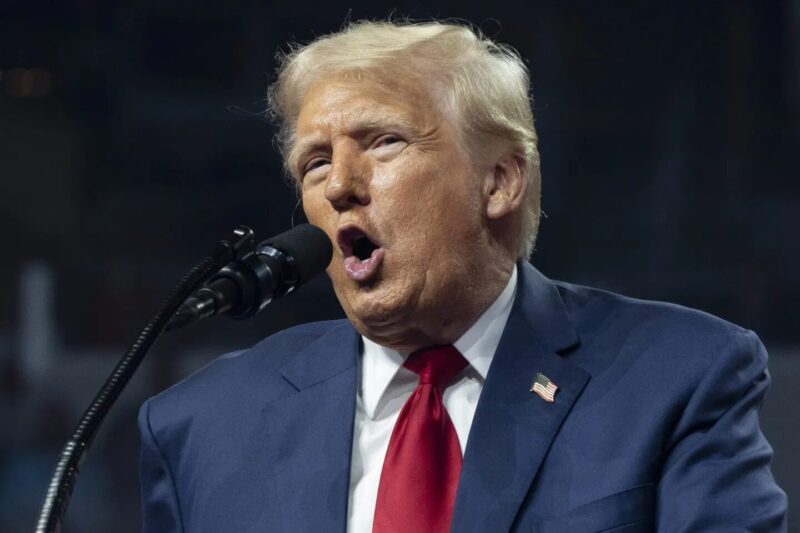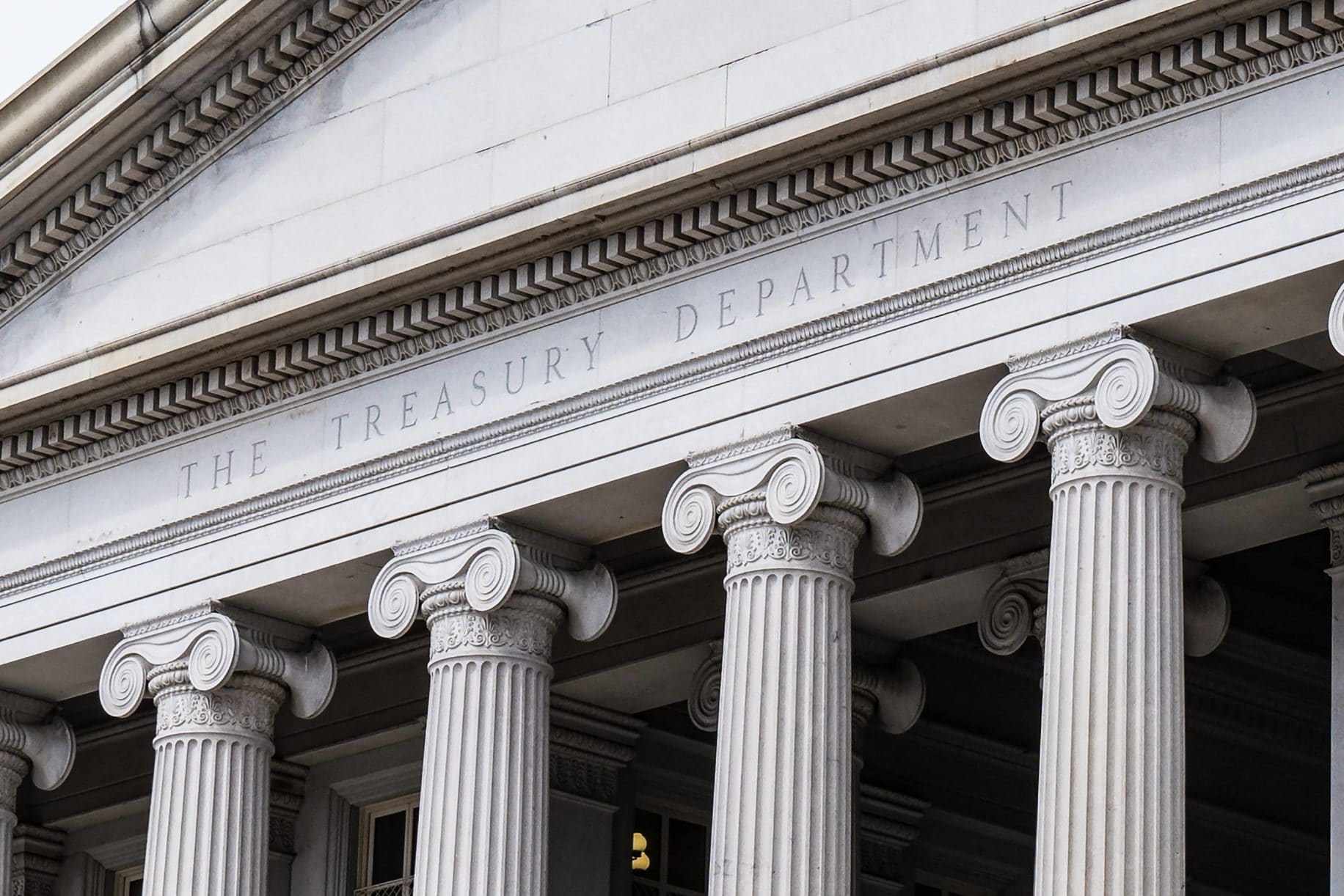Meta's Content Moderation Shake-Up: What It Means
Meta has taken a controversial step by dropping its fact-checking program for a community-driven moderation model. This decision has sparked a debate about its implications for free speech.
Published January 08, 2025 - 00:01am

Image recovered from androidpolice.com
Meta, the tech giant owning Facebook, Instagram, and WhatsApp, has announced a significant shift in its content moderation strategy. The company will discontinue its third-party fact-checking program in the U.S., opting instead for a new system called Community Notes. This approach, similar to one utilized by X, formerly known as Twitter, involves user-generated content moderation.
The change is seen as part of Meta's effort to revive its free speech values. This move comes amid mounting political pressure from conservative voices, including former U.S. President Donald Trump, who is set to begin a new term. The announcement has elicited mixed reactions, with some viewing it as aligning closely with Trump's preference for less restrictive media policies. Critics, however, express concern over the potential spread of misinformation and the integrity of user-generated checks.
This transition marks a strategic pivot for Meta's CEO, Mark Zuckerberg, who had previously supported active content moderation to curb misinformation following Trump's 2016 election win. However, Zuckerberg now claims the previous system has been error-prone and stifled legitimate dialogue. While presenting this shift, Zuckerberg highlighted the political overtones, suggesting Meta's past practices encountered criticism for alleged partisan bias.
In the new system, users can apply to participate in content moderation by providing additional context to controversial posts. The initiative aims to be less intrusive than traditional fact-checking, which has often faced accusations of bias and inefficiency. Meta's executives argue that Community Notes will democratize the process, allowing various perspectives to contend against potentially misleading information.
However, the decision has received backlash from several quarters. The International Fact-Checking Network criticized the move, suggesting it might compromise users seeking reliable information for decision-making. Concerns were raised about bias in user-generated content moderation and the adequacy of controls to prevent the spread of false narratives.
Elon Musk's adoption of a similar system with X has seen varied results. While it provides a broader scope for information correction, challenges remain regarding crowd-based moderation's consistent reliability. Researchers point to a mixed impact on misinformation spread, noting a modest decrease in dissemination when context is successfully added but acknowledging concerning instances of unaddressed falsehoods.
Meanwhile, political discussions surrounding Meta's decisions are increasingly pertinent. The internal dynamics of the company have shifted, with appointments like Joel Kaplan, a Republican political operative, as global affairs chief, signaling a possible leaning towards appeasing conservative critiques. Additionally, appointments such as Dana White to Meta's board further highlight potential ideological tuning within the company's governance.
Operationally, Meta plans to center its automatic enforcement capabilities on critical violations, including terrorism and human trafficking. It will also move some team operations from California to Texas, potentially reflecting a strategic realignment aimed at readapting to changing political landscapes.
The wider implications of Meta's move are yet to be fully measured. While some social media users welcome the enhanced role of free speech, others remain skeptical of the effectiveness and balance within the Community Notes system. As Meta rolls out this program, its success will be closely monitored in an era where the balance between freedom of expression and misinformation is ever-critical.






